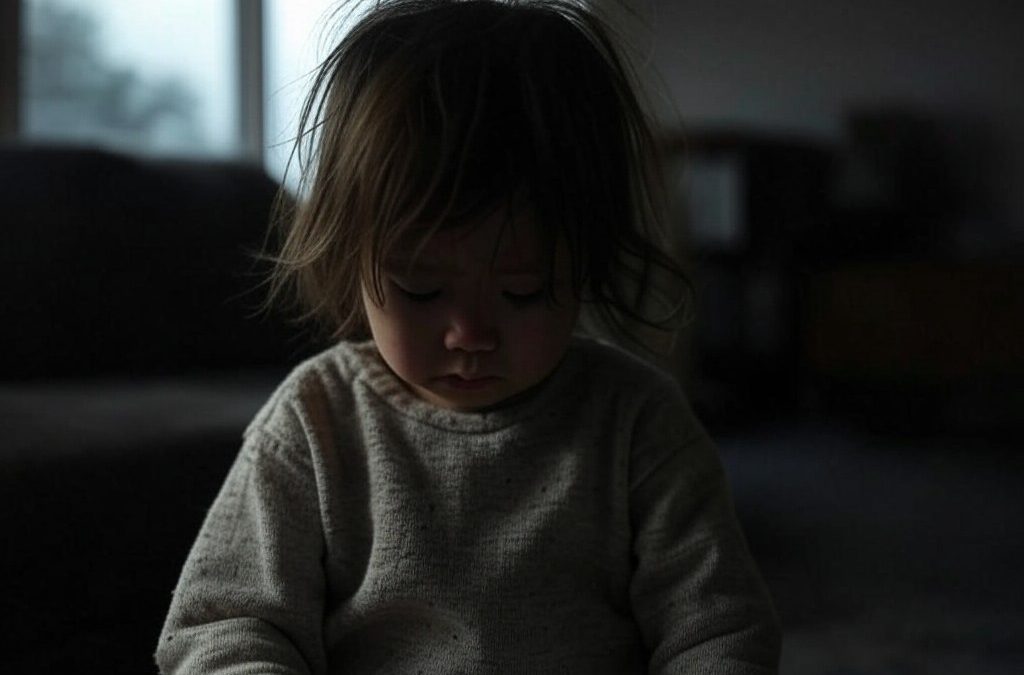4/24/2015 to 1-25-2025
We do not diagnose disease or recommend a dietary supplement for the treatment of disease. You should share this information with your physician who can determine what nutrition, disease and injury treatment regimen is best for you. You can search this site or the web for topics of interest that I may have written (use Dr Simone and topic).
“We provide truthful information without emotion or influence from the medical establishment, pharmaceutical industry, national organizations, special interest groups or government agencies.” Charles B Simone, M.MS., M.D.
CHILDHOOD EXPOSURE TO US DOMESTIC VIOLENCE
Lawrenceville, NJ (Dr Simone) – More than 25 million children in the United States live in households with domestic violence and 7 million of them see severe violence such as a parent using a weapon against the other parent. This exposure causes children to repeatedly have widely fluctuating hormonal changes resulting in the “fight or flight” response. These hormonal changes increase airway inflammation and increase the risk of asthma that is more difficult to control. In addition, 63% of children who witness violence have worse emotional health than the average child. Early childhood is the greatest period of vulnerability to stress-related changes in the brain. Neurocircuitry is altered leading to more of the fear-driven brain system (limbic) and less of the interpretive functioning (frontal and prefrontal cortexes). Higher cortisol hormone levels leads to loss and damage to the hippocampus, learning problems and emotional health. Constant exposure to toxic stress (eg, domestic or community violence, maternal depression, parental substance abuse, food scarcity, poor social connectedness) during childhood can lead to permanent changes in learning, behavior, and physiology. Chronic toxic stress in childhood causes physiologic changes that lead to stress-related chronic illness and unhealthy lifestyles in adulthood.
-
Emotional and Behavioral Impact: Children who are exposed to domestic violence can suffer from a range of emotional and behavioral issues. These effects might include anxiety, depression, aggression, withdrawal, and difficulties in forming healthy relationships due to the normalization of violent behavior they observe. Children may also exhibit physical symptoms like bed-wetting, nightmares, or somatic complaints, which are indicative of the stress they’re under.
-
Risk of Future Violence: There’s evidence suggesting that exposure to violence in childhood can increase the likelihood of children becoming either victims or perpetrators of intimate partner violence in their adult lives. The cycle of violence can perpetuate through generations unless intervention occurs.
-
Psychological Disorders: Such exposure can lead to psychological conditions like Post-Traumatic Stress Disorder (PTSD). The impact on cognitive development can result in academic problems or lower IQ levels, affecting their educational outcomes and future prospects.
-
Physical Health: Apart from immediate risks like injuries if they get caught in the violence, there’s a noted increase in health issues like chronic diseases later in life, possibly due to the stress and trauma experienced.
-
Support and Intervention:
-
Therapeutic Interventions: Cognitive Behavioral Therapy (CBT) is often recommended to help children process the trauma and learn coping mechanisms. Support groups specifically for children who have witnessed domestic violence can also be beneficial, offering a space where they feel understood and less isolated.
-
Protective Measures: Ensuring children feel safe can involve removing them from the abusive environment or providing a stable, loving atmosphere that counters the effects of violence. Schools and counselors play a crucial role in identifying and supporting these children.
-
Policy and Legal Recognition: There’s an increasing recognition of children as direct victims of domestic violence, not just witnesses, which influences how support and legal protections are structured for them.
-
Social and Community Impact: The broader community and social support networks are vital. Programs aimed at parents, community education on domestic violence, and fostering resilience in children through positive adult relationships can mitigate the long-term effects.
This overview reflects the multifaceted impact of domestic violence on children, highlighting the need for comprehensive support, from immediate safety measures to long-term psychological support, to break the cycle of violence and promote healing and healthy development.
US bureaucrats squander hundreds of millions of dollars with a foreign company on a web site that does not work.
Some super rich are self-proclaimed medical/public health “authorities” and try to tell us what is best for us without seeking advice from qualified medical professionals.
And while all this intrusive folly goes on, as many as 25 million children in the United States live in households with domestic violence that will alter forever their well being.
(c) 2017- 2025 Charles B. Simone, M.MS., M.D.



